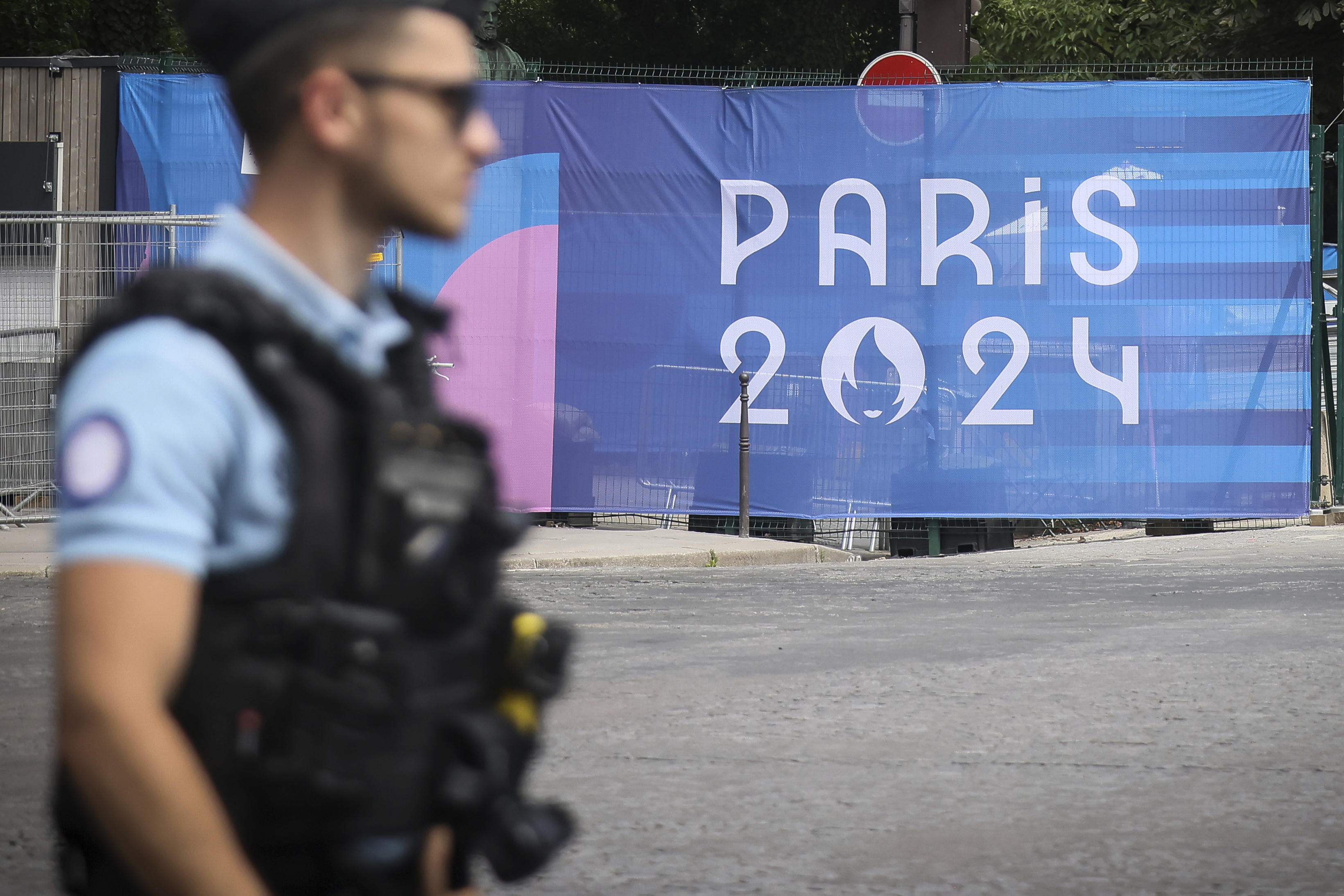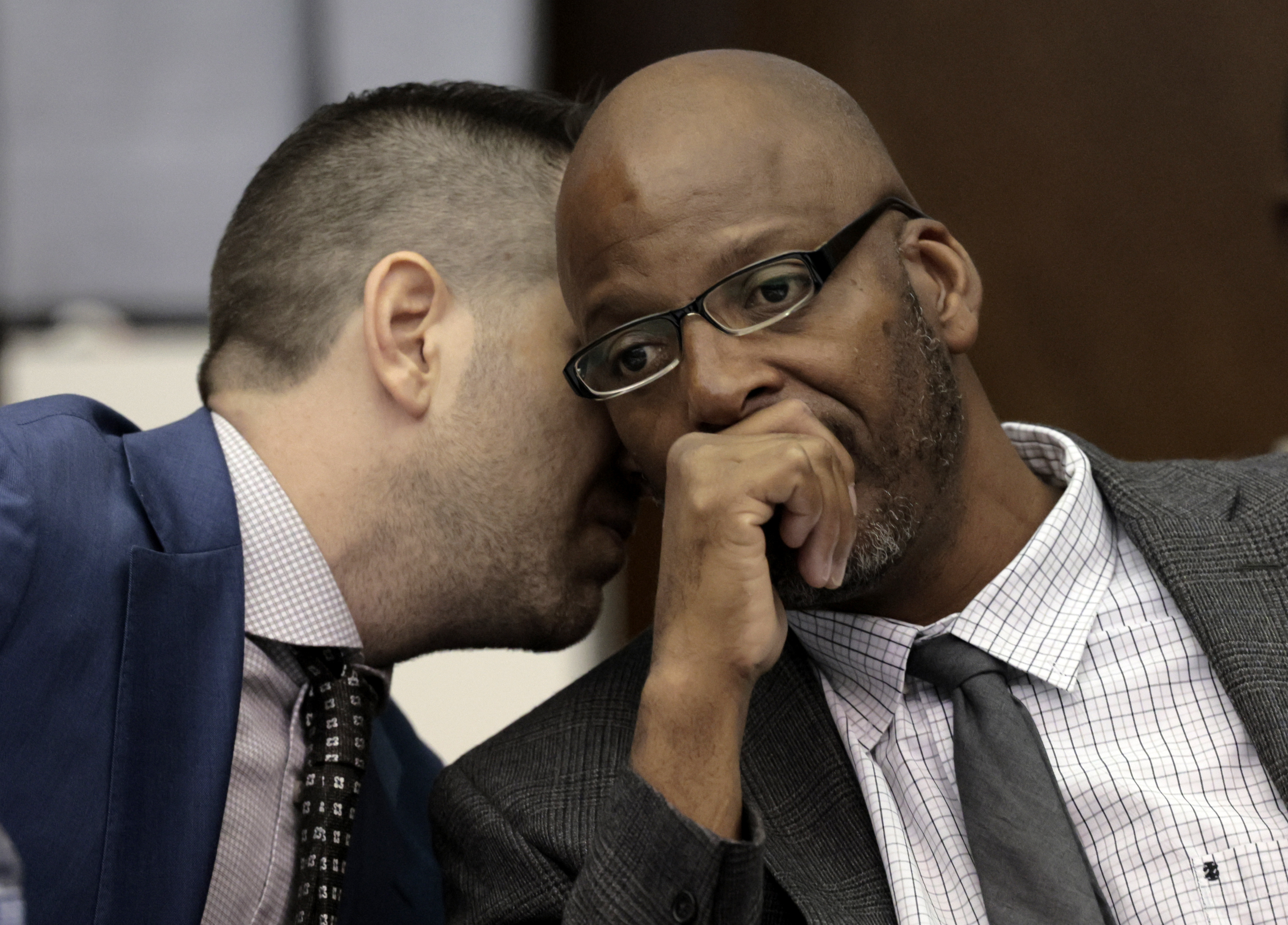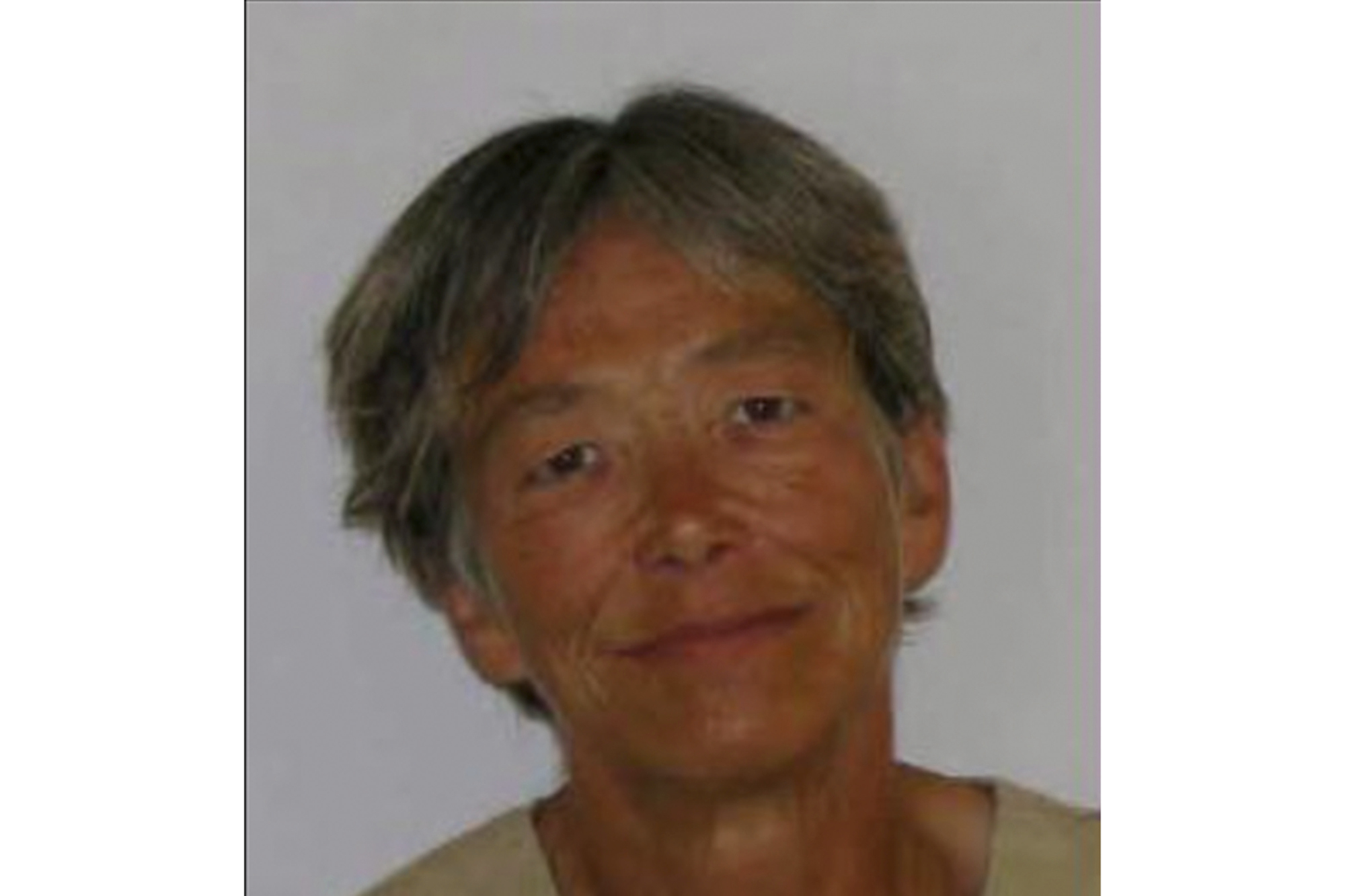New study confirms mammal-to-mammal avian flu spread
ITHACA, N.Y. – A new Cornell University study provides evidence that a spillover of avian influenza from birds to dairy cattle across several U.S. states has now led to mammal-to-mammal transmission – between cows and from cows to cats and a raccoon.
“This is one of the first times that we are seeing evidence of efficient and sustained mammalian-to-mammalian transmission of highly pathogenic avian influenza H5N1,” said Diego Diel, associate professor of virology and director of the Virology Laboratory at the Animal Health Diagnostic Center in the College of Veterinary Medicine.
Diel is co-corresponding author of the study, “Spillover of Highly Pathogenic Avian Influenza H5N1 Virus to Dairy Cattle” published in Nature.
Whole genome sequencing of the virus did not reveal any mutations in the virus that would lead to enhanced transmissibility of H5N1 in humans, although the data clearly shows mammal-to-mammal transmission, which is concerning as the virus may adapt in mammals, Diel said.
So far, 11 human cases have been reported in the U.S., with the first dating back to April 2022, each with mild symptoms: four were linked to cattle farms and seven have been linked to poultry farms, including an outbreak of four cases reported in the last few weeks in Colorado. These recent patients fell ill with the same strain identified in the study as circulating in dairy cows, leading the researchers to suspect that the virus likely originated from dairy farms in the same county.
While the virus does have the ability to infect and replicate in people, the efficiency of those infections is low. “The concern is that potential mutations could arise that could lead adaptation to mammals, spillover into humans and potential efficient transmission in humans in the future,” Diel said.
It is therefore critical to continue to monitor the virus in affected animals and also in any potential infected humans, Diel said. The U.S. Department of Agriculture has funded programs for H5N1 testing, at no cost to producers. Early testing, enhanced biosecurity and quarantines in the event of positive results, would be necessary to contain any further spread of the virus, according to Diel.
Infections from H5N1 were first detected in January 2022, and have resulted in the deaths of more than 100 million domestic birds and thousands of wild birds in the U.S. The Cornell AHDC's and Texas A&M Veterinary Medical Diagnostic Laboratory scientists were among the first to report detection of the virus to dairy cattle herds. The cows were likely infected by wild birds, leading to symptoms of reduced appetite, changes in fecal matter consistency, respiratory distress and abnormal milk with pronounced decrease in milk production.
The study shows a high tropism of the virus (capability to infect particular cells) for the mammary gland and high infectious viral loads shed in milk from affected animals.
Using whole genome sequencing of characterized viral strains, modeling and epidemiological information, the researchers’ determined cases of cow to cow transmission when infected cows from Texas were moved to a farm with healthy cows in Ohio. Sequencing also showed that the virus was transmitted to cats, a raccoon and wild birds that were found dead on affected farms. The cats and raccoon most likely became ill from drinking raw milk from infected cows. Though it isn’t known how the wild birds became infected, the researchers suspect it may have resulted from environmental contamination or aerosols kicked up during milking or cleaning of the milking parlors.
Kiril Dimitrov, assistant agency director for microbiology and research and development at the Texas A&M Veterinary Medical Diagnostic Laboratory, is also a co-corresponding author.
Co-first authors include Leonardo Caserta, assistant research professor and interim associate director of the Virology Laboratory at AHDC, and Elisha Frye, DVM ‘10, assistant professor of practice, both in the Department of Population Medicine and Diagnostic Sciences; and Salman Butt, a postdoctoral researcher in Diel’s lab. Cornell co-authors include Melissa Laverack, Mohammed Nooruzzaman, Lina Covaleda, Brittany Cronk, Gavin Hitchener, John Beeby, Manigandan Lejeune and Francois Elvinger.
The study was funded by the AHDC, the Ohio Animal Disease and Diagnostic Laboratory, the Texas A&M Veterinary Medical Diagnostic Laboratory and the USDA.
-30-
JOURNAL
Nature
SUBJECT OF RESEARCH
Not applicable
ARTICLE TITLE
Spillover of Highly Pathogenic Avian Influenza H5N1 Virus to Dairy Cattle
ARTICLE PUBLICATION DATE
25-Jul-2024









